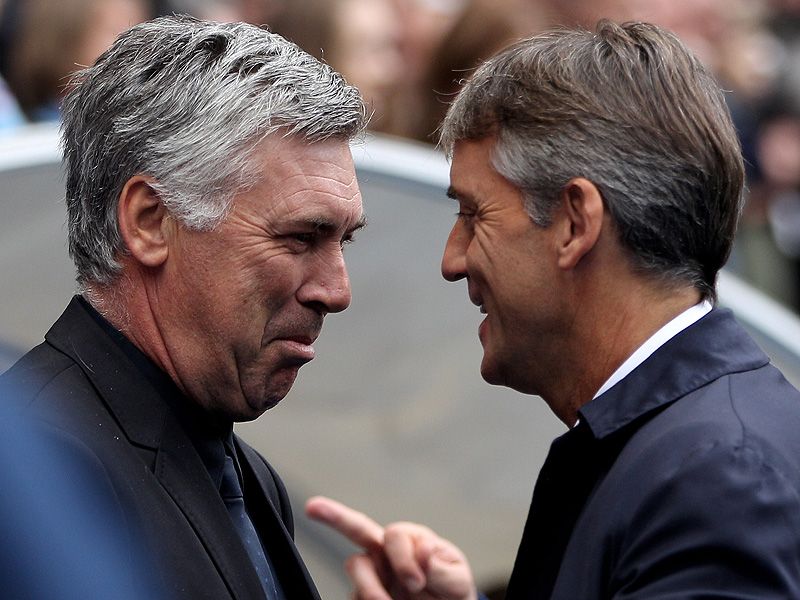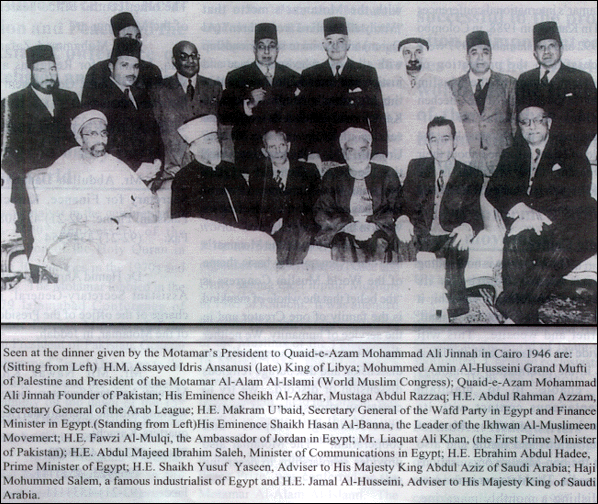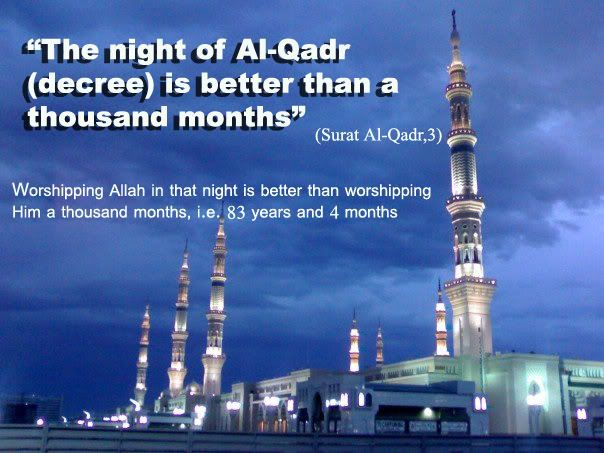 Manchester City ended Chelsea's unbeaten start to the Premier League season as Carlos Tevez netted the solitary strike in a 1-0 win at the City of Manchester Stadium. The first half was notable only for a Branislav Ivanovic header which struck the crossbar, but a piece of magic from the City captain lit up the second. The Argentine hurtled through the Chelsea half on the hour mark before applying a clinical finish to beat Petr Cech, and Carlo Ancelotti's side could not muster a response.
Manchester City ended Chelsea's unbeaten start to the Premier League season as Carlos Tevez netted the solitary strike in a 1-0 win at the City of Manchester Stadium. The first half was notable only for a Branislav Ivanovic header which struck the crossbar, but a piece of magic from the City captain lit up the second. The Argentine hurtled through the Chelsea half on the hour mark before applying a clinical finish to beat Petr Cech, and Carlo Ancelotti's side could not muster a response.Roberto Mancini had surprisingly reported prior to the game that the title was Chelsea's, but the Italian was left to enjoy the bottle of red he promised his counterpart if the hosts won as his side inflicted the champions' first defeat of the season.
City made just one change from the team which beat Wigan as Dedryck Boyata came in for the injured Micah Richards, while Chelsea skipper John Terry returned as Paulo Ferreira missed out and Nicolas Anelka replaced Salomon Kalou.
It was a cagey yet frenetic opening as the two richest clubs in the league hustled and harried in a heavily congested midfield with neither side afforded the luxury of being able to enjoy a period of sustained possession.
There were no clear-cut openings mustered, before Ivanovic struck the crossbar with a looping header on the half hour as a relieved Joe Hart watched on helplessly as the hosts were eventually able to alleviate the danger.
Four minutes later, Pablo Zabaleta hauled down the marauding Ivanovic on the edge of the City box, but Didier Drogba lashed the resulting free-kick over the bar as Hart looked on disdainfully.
The last time Chelsea went in at the break with the game goalless was on Boxing Day against Birmingham, but for both sides a circumspect approach was paramount.
Neither manager deemed it necessary to make any changes at the break and, within seconds of the restart, Anelka fired a rasping effort towards the far post which Hart did well to tip away for a corner.
The game was crying out for a moment of decisive brilliance, and it was Tevez who provided it on the hour mark.
The Argentine had scored five goals in his last four Premier League appearances against Chelsea, and he was on target against the champions yet again after he used Silva as a decoy runner before driving a low shot through Cole's legs and beyond Cech into the far corner of the net.
Ancelotti reacted swiftly to his side conceding only their second goal of the league campaign, and surprisingly a frustrated Drogba was one of two changes to immediately follow the goal.
The 19-year-old Boyata was a powerful defensive presence for City all afternoon, but he almost cost his side after he hauled down substitute Yuri Zhirkov with a rash challenge on the edge of his box.
Florent Malouda whipped over a devilish delivery from the resulting set piece, and Alex rose imperiously before heading wide as a glorious opportunity to equalise was squandered 10 minutes from time. It was a frustrated Chelsea side which ended the match, and City preserved their slender lead with a stout defensive display late on.
As a result of the win, City move to within four points of Chelsea, who remain top despite suffering their first defeat of the season. Arsenal and Manchester United can subsequently move to within a point of the champions with victories this weekend.
Source; http://uk.eurosport.yahoo.com/25092010/58/premier-league-manchester-city-stun-chelsea.html




